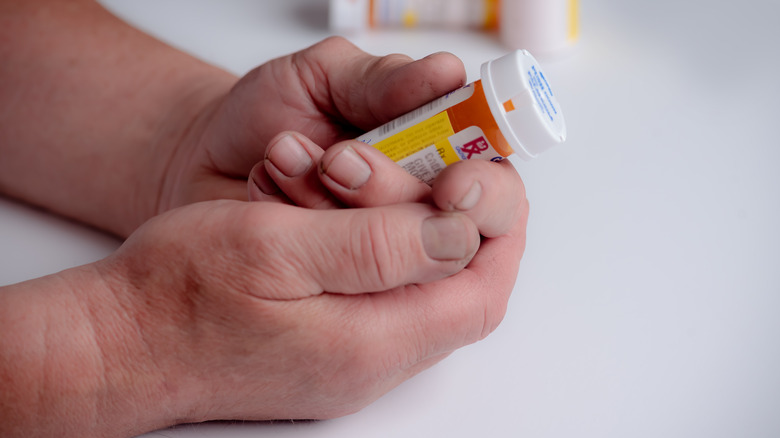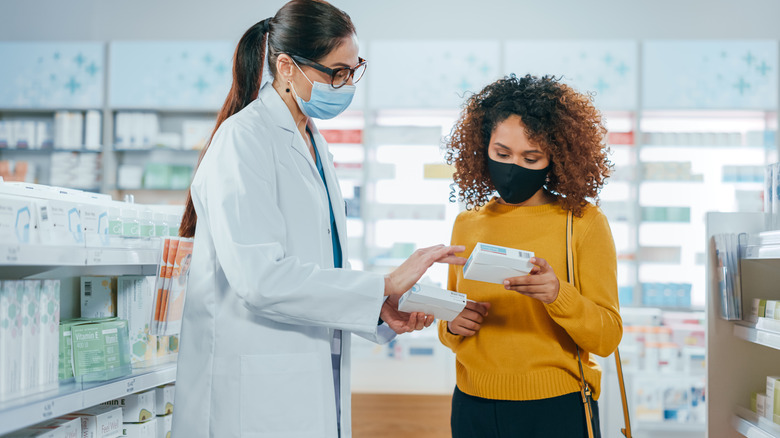Are Generic Drugs Safe To Take?
When your doctor writes you a prescription, you may find that when you visit your pharmacist to fill it that she suggests that a generic version is available at a cheaper price. In addition, your insurance plan may sometimes insist that you purchase the generic version of your medications in order to keep costs down. However, we have all heard the old saying that you get what you pay for. Are generic drugs a good substitution for name-brand drugs? And is it always safe to use them?
The U.S. Food and Drug Administration (FDA) provides us with the assurance that, yes, generic drugs are just as good as name-brand medications. Manufacturers must provide proof to the FDA that their drug works in the same way that their branded counterpart does. The FDA further specifies that it must have the same dosage form, strength, method of administration, quality, safety, and use as the name-brand version.
The FDA does note, however, that there may be minor differences. For example, the generic version of a drug might contain different inactive ingredients. There might also be very small variations in certain factors like strength or purity, although these differences are not enough to affect the performance of the medication.
How safe is it to use generic drugs?
GoodRx states that, due to the regulations and the review process that generics must go through, they are safe. They add that, even after approval, the FDA will continue to do periodic inspections of the drug maker's plant to check for safety issues. Additionally, the FDA investigates any complaints of negative reactions to generic medications.
One exception, however, might be if the generic medication contains an inactive ingredient that you are allergic to. In that case, it may not be safe for you personally to use. Inactive ingredients are added materials like binding materials, dyes, preservatives, and flavoring agents that have nothing to do with the medicinal effect of the medication, according to Drugs.com. The FDA allows for variations in the inactive ingredients that are included in generic drugs, so these might be different from one formulation to another. SafeMedication writes that a list of inactive ingredients in your medication can be found on its drug information sheet. Your pharmacist can also help you locate this information.


